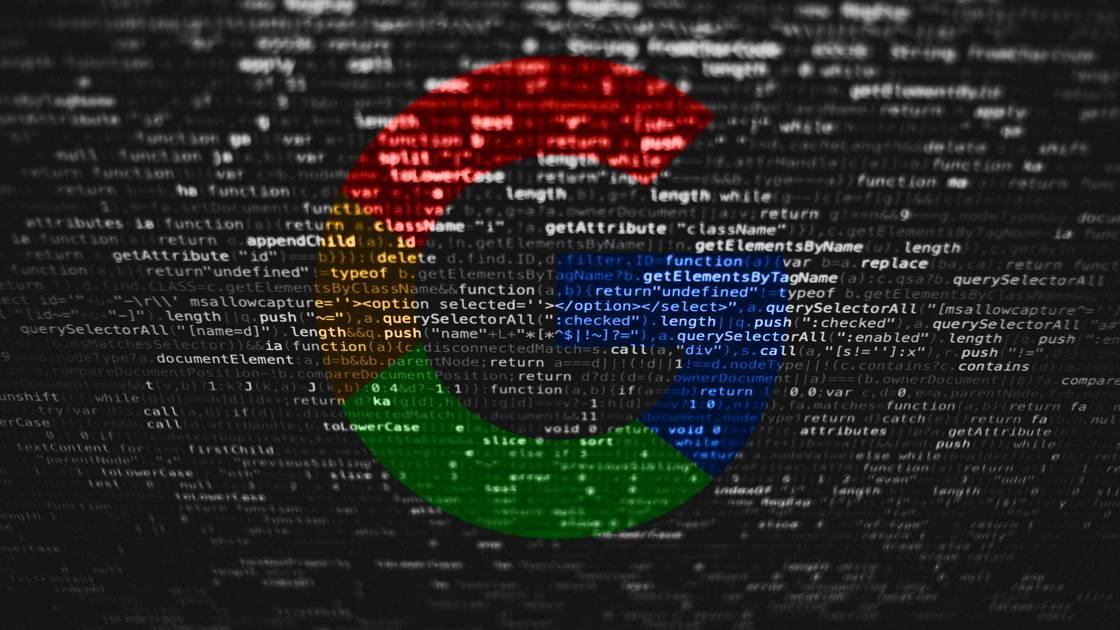

How Google is getting between readers and publishers
Somewhere in my regular haze of dozens of daily googles, something seemingly-not-strange-at-all was actually so strange that it managed to bubble up to my attention.
I was in the middle of playing the video game, Breath of the Wild and I couldn’t figure out how to do something, so I reached for my phone and searched for “how to get the thunder helm”, subconsciously followed a search result, scrolled through the page very briefly, found the info I was looking for, and before I knew it had closed the tab and resumed playing. The whole interaction took less than 5 seconds.
This, of course, isn’t abnormal at all but two things struck me. One was how incredibly convenient this had been for me as a consumer of the information. But the more important thing was how awful that experience must’ve been for the publisher of the content.
Wait, whose website did I just visit?
I had no idea who the publisher was. I had to search again to find out: the publisher was Polygon, a large gaming publication with an even larger parent organisation. The author, Jeffrey Parkin, had spent plenty of time writing up the article, playing through the game and collecting screenshots, only to have me rifle through it for the sentence I needed without so much as a subconscious glance at the advertising on the page, (which I typically block anyway.)
As a publisher, Polygon optimized this content for Google, not for their loyal readers. The title of the page is basically a Google query. And yes, there’s a link to a full guide for the game, but it just links off to literally hundreds of micro-pages, each tailored for a specific Google query.
Publishers or content farms?
Just a few years ago, to find this information online I’d have gone to gamefaqs.com, searched for the name of the game, found a guide, then scrolled or ctrl-F’d until I’d found what I wanted. Somewhat more arduous, but I knew that domain name off the top of my head, even years since my last visit. I had an emotional attachment to gamefaqs.com, because it served me so helpfully for so long. If they said they were in trouble and asked me to donate $5 for server costs, I’d probably have coughed up. Now they’re owned by CBS Interactive and I google for my answers.
If I got stuck in the game again, I wouldn’t have remembered Polygon and returned there, and I sure as hell wouldn’t have bookmarked the guide index. I would just go to my browser’s search bar and type the specific question I have, and probably found the answer in the first search result.
The disturbing consequence of all this convenience is the publisher, who spent the time, money and effort to create the content, wasn’t even the tiniest blip on my radar.
You can see how this user experience leads to Google’s Instant Answers, and the Google Assistant. But what’s in it for a publisher if no one even visits their page?
If I asked Google how to get the thunder helm and my Google Home just told me the steps (great for me), what happens to Polygon? Google uses them for their raw data - in this case semantically indexed instructions - gives them a pleasant “according to the website Polygon…” and turfs them aside. I didn’t even have a chance to see their ad. Instead I paid Google for the device in my home, and I gave them fresh data about what I’m interested in.
Great for users, bad for publishers
Google’s (and Facebook’s) revenues are maximised when users remain in their ecosystem, see their ads, and give them their data. It’s in Google’s interest that you don’t access Polygon directly. If you do, Google’s lost some measurable amount of power. Every time you visit another website, it’s potentially a lost opportunity, lost data, lost ad revenue.
Users are fickle and forgetful, as we know. Remember when people used to cherish their meticulously assembled bookmark list of hundreds of sites? Carefully backing it up so they didn’t forget about a site forever.
Now you just google, and probably only directly access a small handful of sites, most of which are Google or Facebook properties anyway. Most sites you had bookmarked are long forgotten, and worse, probably on page 7 of Google’s search results, never to be seen again.
Updated 2019-03-28 with a tweaked title to better reflects the contention of the article, and tweaks to the text to increase readability
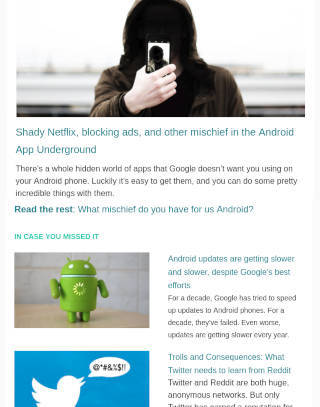
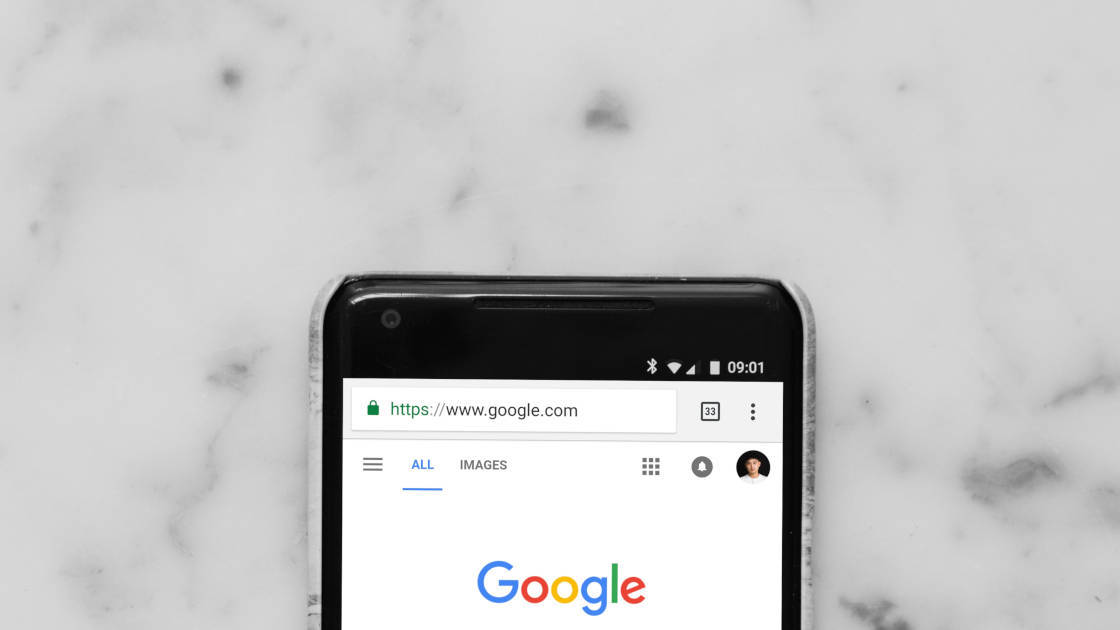


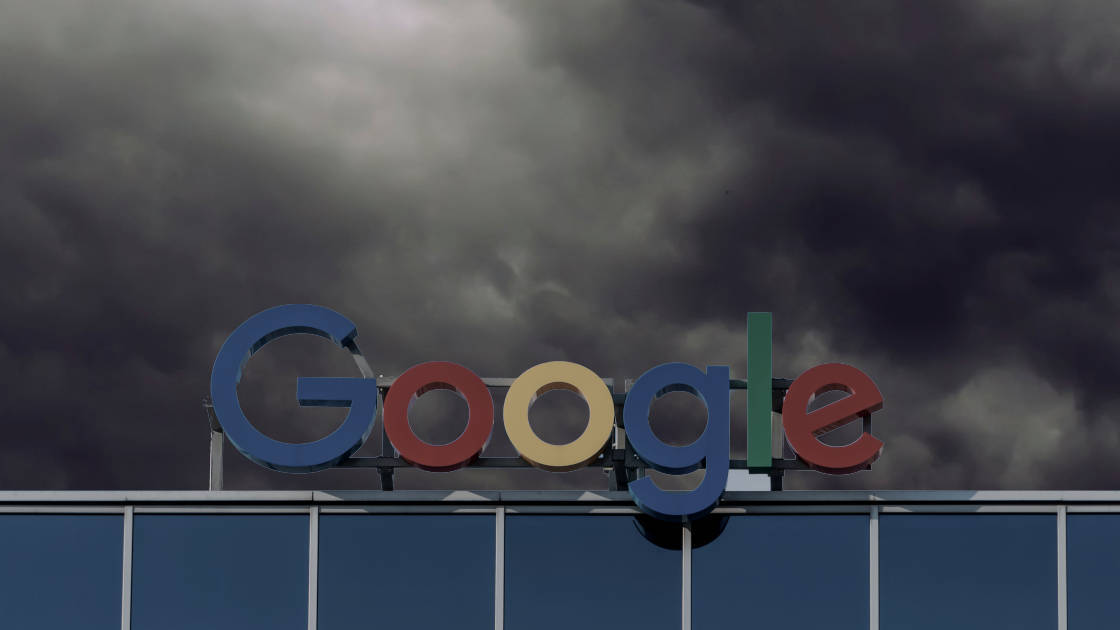
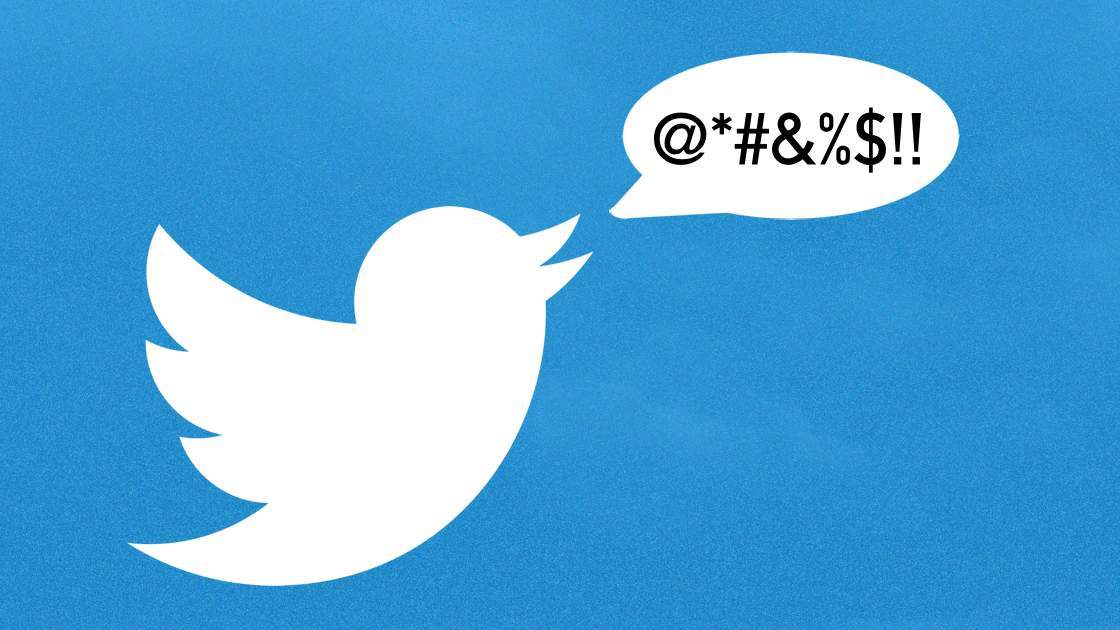
](https://static.unlikekinds.com/l-2356db91-9818-4edf-98ff-923fb8bc0648-cWsHacT.jpg)


.](https://static.unlikekinds.com/l-08ab3f39-ec22-4323-acb6-e30f4e8dfe80-xmvY708.jpg)
Comments
Share your thoughts, post a comment
This is a nice article. I never realized this was happening. The convince is great but I do feel bad for the content writers . How the writers of content turn this into a benefit for themselves. ?
Wow! As a 90s baby, I found this so relatable because you mentioned browsing through guides on GameFAQs. 🙏